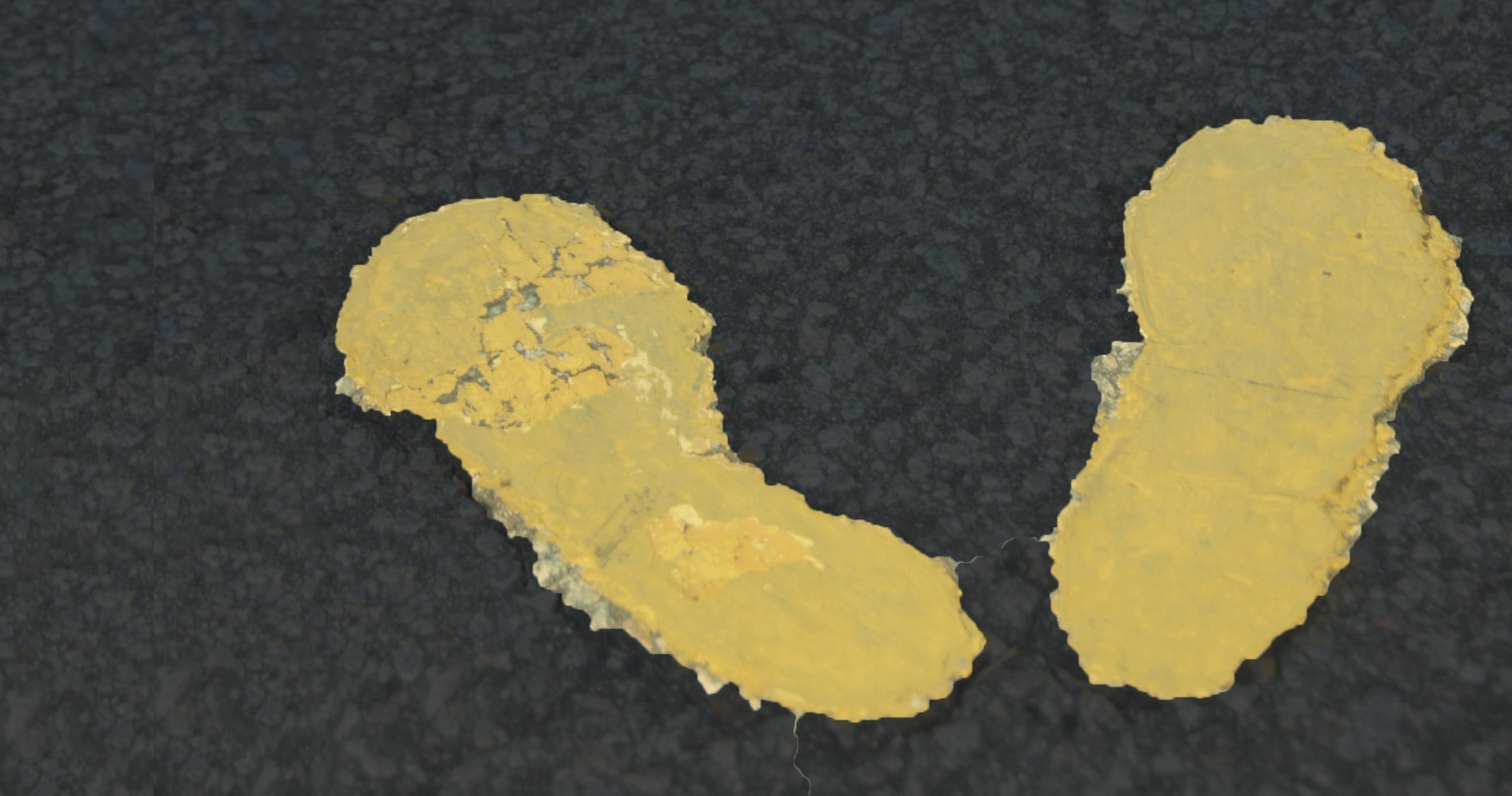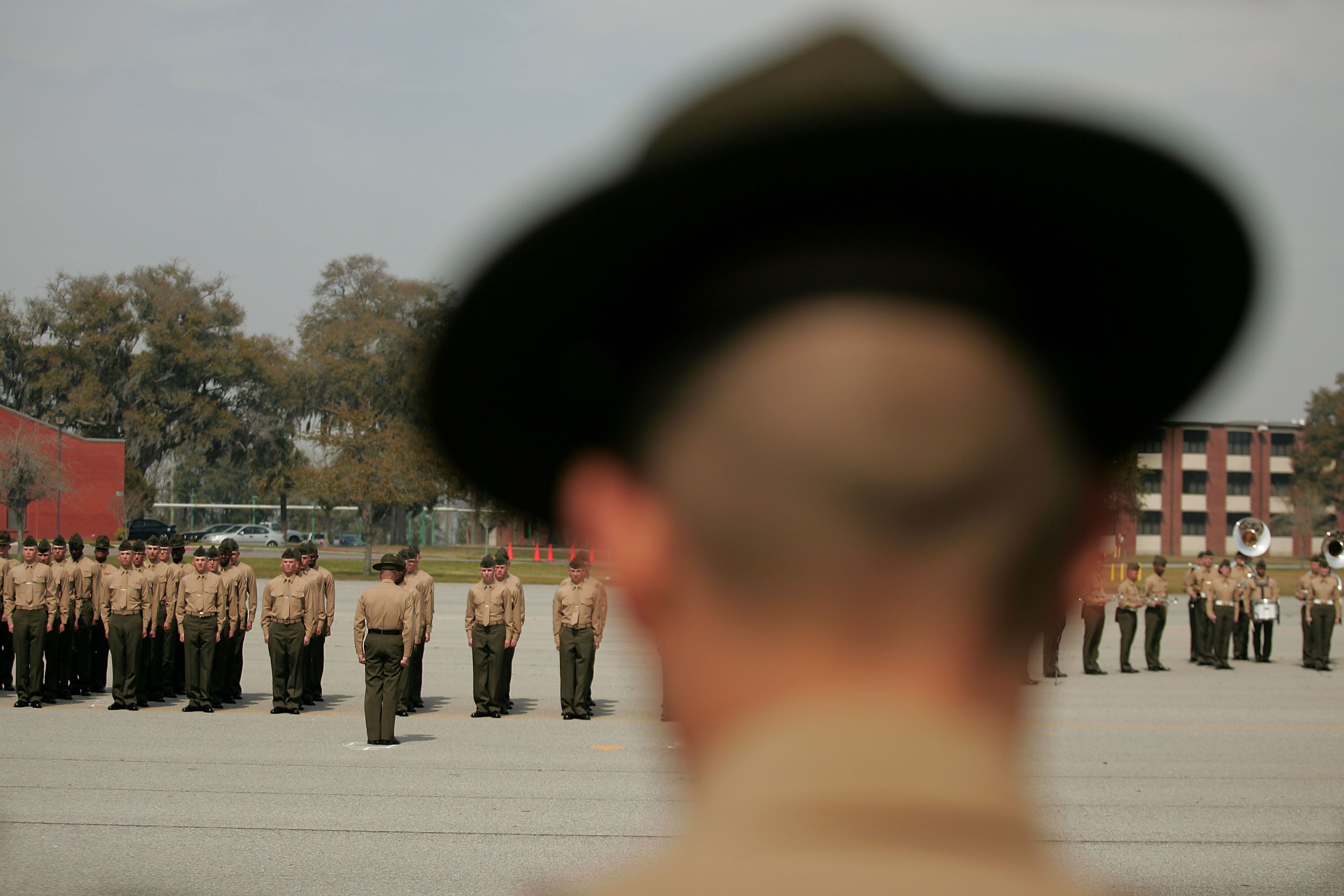The family of a Marine recruit killed at Parris Island in 2016 is arguing that he did not kill himself in a $100 million lawsuit against the government.
Raheel Siddiqui died after running to a stairwell, leaping over the railing and falling nearly 40 feet, an investigation into the incident found.
But an attorney representing the Siddiqui family argues in the lawsuit that the government “intentionally failed to consider the possibility that Raheel Siddiqui was fatally injured by its own employees.”
Opening arguments begin Monday in the trial of Gunnery Sgt. Joseph Felix, Siddiqui’s senior drill instructor, who is accused of slapping Siddiqui moments before he ran to the stairwell and jumped. Separately, Felix is also accused of ordering another Muslim recruit to sit in a commercial dryer as he turned it on several times and insulted the recruit’s religion.
The trial should provide some answers about the extent to which hazing and abuse played a role in Siddiqui’s death.
In the lawsuit, attorney Shiraz Khan argues that Siddiqui was targeted because of his Muslim faith and “forced to endure torture, maltreatment and abuse that resulted in his death.”
Felix is charged with cruelty and maltreatment, drunk and disorderly conduct, failure to obey a lawful general order and obstruction of justice. Despite being under investigation for the dryer incident in July 2015, Felix was Siddiqui’s drill instructor.
Five days before his death, Siddiqui threatened suicide, saying he was being beaten by his drill instructors, but he was returned to recruit training and his allegations were not properly investigated, according to an investigation into the incident provided to reporters in 2016, which was more heavily redacted before being posted online.
On March 18, 2016, Siddiqui handed his drill instructors a note asking to go to medical because his throat was so swollen that he could not speak. Siddiqui was then ordered to run from one end of the squad bay and back.
Siddiqui eventually collapsed, and Felix is accused of slapping him between one and three times while he was on the floor, the investigation into the incident found. Evidence suggests that Felix was acting out of frustration with Siddiqui, the investigation into Siddiqui’s death found.
RELATED

After he was allegedly slapped, Siddiqui ran to a stairwell and leapt over the railing. His death was ruled a suicide although investigators could not determine if he was trying to kill himself or get away from Felix, the investigation found.
Siddiqui’s family has rejected the idea that he committed suicide, and in their lawsuit filed in federal court on Oct. 13, Khan wrote that medical evidence suggests that Siddiqui sustained injuries that were “inconsistent with death resulting solely from a fall.” Khan also wrote that Siddiqui’s autopsy failed to properly investigate what appeared to be “ligature marks” on Siddiqui’s body.
Khan did not respond to several phone messages and emails by deadline. The Marine Corps referred questions about the lawsuit to the Justice Department, which declined to comment because the case is ongoing.
RELATED

Felix joined the Marine Corps in August 2002, and his military decorations include the Iraq Campaign Medal, Afghanistan Campaign Medal and three Navy and Marine Corps Achievement Medals, according to Training and Education Command.
His defense attorneys declined to comment ahead of his trial, said TECOM spokesman Capt. Joshua Pena.
